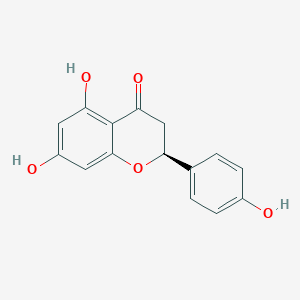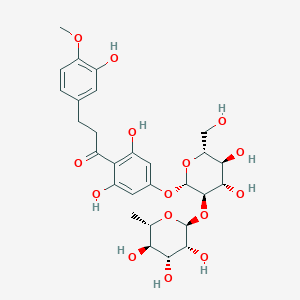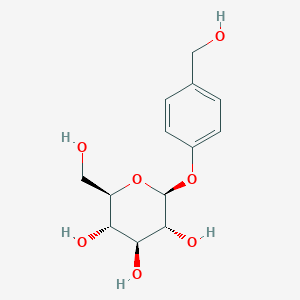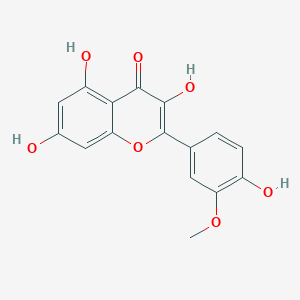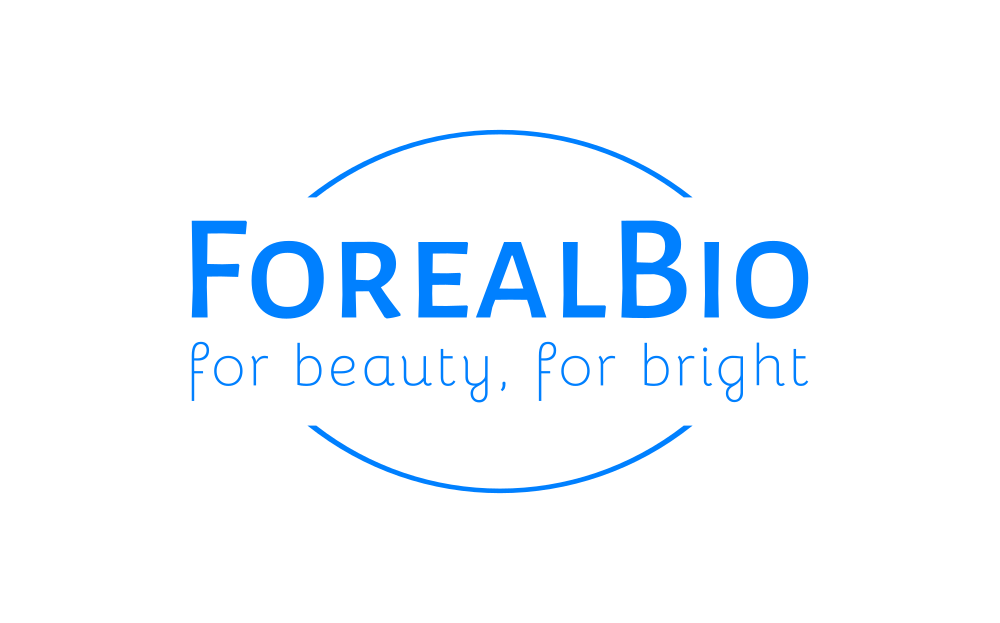Description
Naringenin is a flavanone and phytoestrogen found in citrus fruits. Naringenin has antioxidant, anti-inflammatory, hepatoprotective, neuroprotective, immunomodulatory, anti-metastatic, anti-asthmatic, anti-allergic, anti-fibrotic, anti-metastatic, antiviral, antidepressant, anticancer, and gastrointestinal motility modulatory properties.
Naringenin is a flavonoid compound found in a variety of fruits and herbs, particularly in citrus fruits like grapefruits and oranges. It’s known for its antioxidant, anti-inflammatory, and potential health-promoting properties. Here are some of the main benefits and applications of naringenin:
- Antioxidant Properties: Naringenin exhibits strong antioxidant activities, helping to neutralize free radicals in the body. This can potentially reduce oxidative stress, which is linked to various chronic diseases.
- Anti-Inflammatory Effects: It has been shown to have anti-inflammatory properties, which may be beneficial in reducing inflammation-related symptoms in conditions like arthritis.
- Cardiovascular Health: Naringenin may contribute to cardiovascular health by improving lipid metabolism and reducing the risk of atherosclerosis, a condition characterized by the buildup of fats, cholesterol, and other substances in and on the artery walls.
- Cancer Research: Some studies suggest that naringenin might have anti-cancer properties, though more research is needed in this area. It may work by inhibiting cancer cell growth and inducing apoptosis (programmed cell death) in cancerous cells.
- Metabolic Syndrome: Naringenin has been studied for its potential role in improving various aspects of metabolic syndrome, such as reducing insulin resistance, managing blood sugar levels, and influencing lipid profiles.
- Neuroprotective Effects: There is growing interest in naringenin’s potential neuroprotective effects, which could be beneficial in neurodegenerative diseases like Alzheimer’s disease.
- Antimicrobial Activity: Naringenin also exhibits antimicrobial properties against various bacteria and fungi, indicating potential for use in treating infections.
- Skin Health: Due to its anti-inflammatory and antioxidant properties, naringenin is being explored for its potential applications in skin care, particularly in anti-aging and sun protection products.
- Dietary Supplement: Naringenin is available as a dietary supplement, often marketed for its antioxidant and anti-inflammatory benefits.

